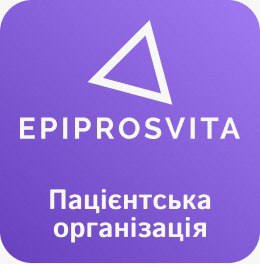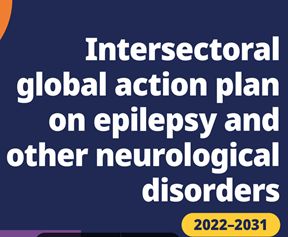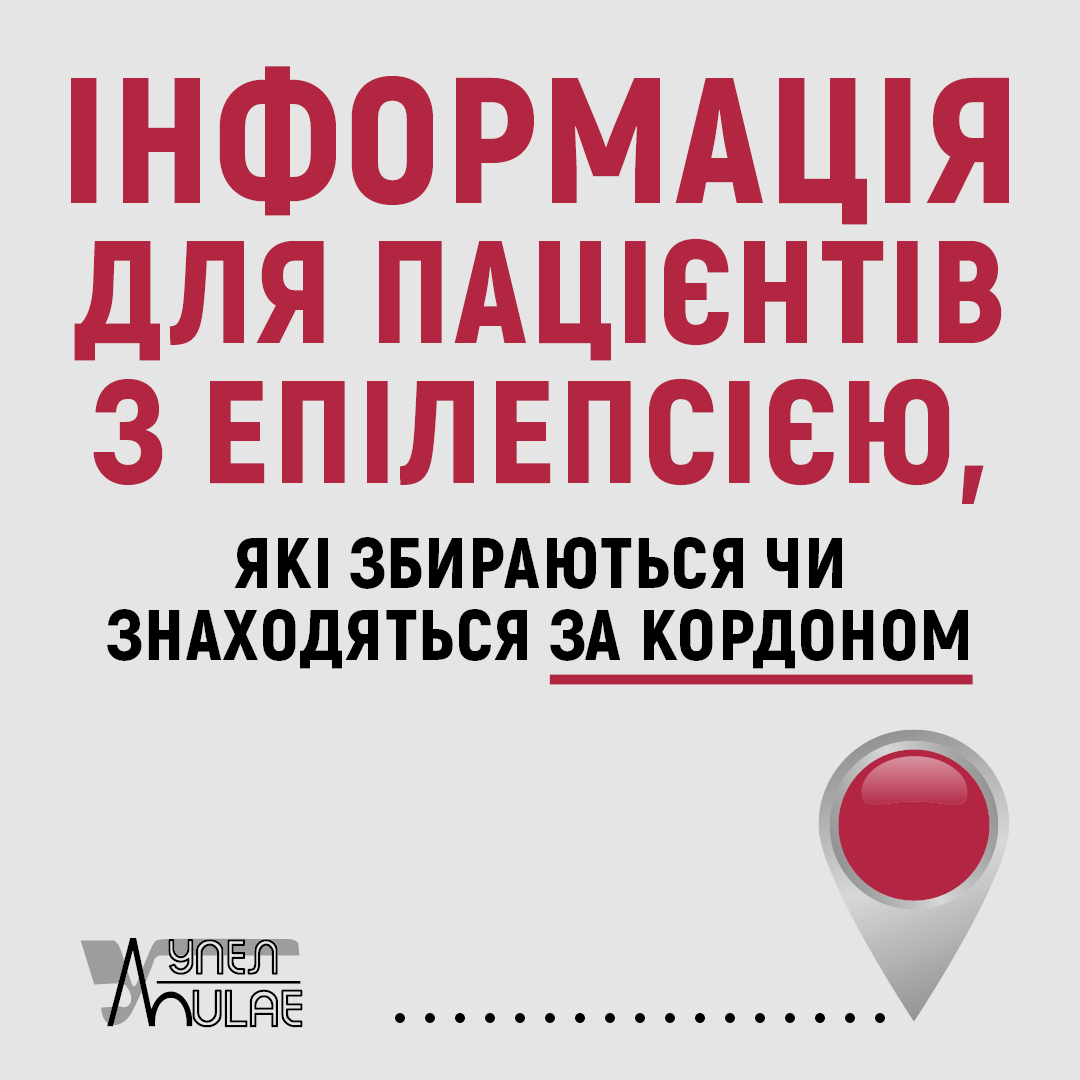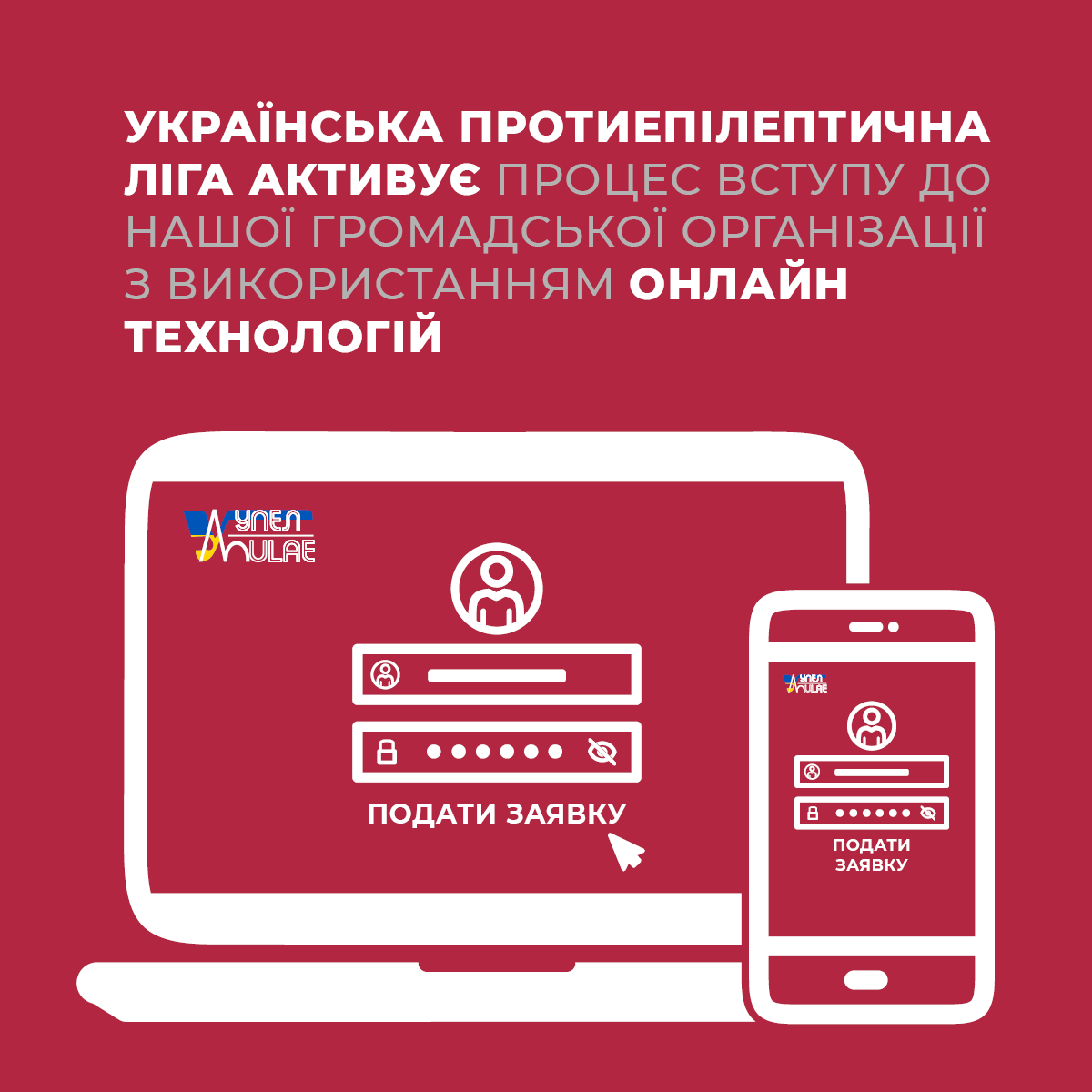|
Dear Colleagues and Friends,
 As we enter the ninth month of the pandemic, we reflect on what we've learned and anticipate challenges to come. As we enter the ninth month of the pandemic, we reflect on what we've learned and anticipate challenges to come.
The first months of the pandemic changed the entire health care world. As professionals who care for people with epilepsy, our initial concerns were whether COVID-19 could be associated with seizures or pose an increased risk for epilepsy, or whether people with epilepsy were at particular risk if they were infected with COVID-19. We also were concerned about the impact of the pandemic on mental health and access to care.
We have learned much about COVID-19 and epilepsy
We have learned that there is no major biological impact of COVID-19 on epilepsy and that people with epilepsy are not, as far as current data show, at particularly increased risk for complications from infection. We have learned that COVID-19 is not a risk factor for new-onset seizures in and of itself; people with COVID-19 who have experienced seizures have done so due to secondary factors, such as encephalitis or stroke.
We have learned that people with epilepsy around the world were not able to access regular care for weeks or months. Some could not obtain the medications they needed to control their seizures. Epilepsy clinics were shuttered, and anticipated treatments and surgery evaluations were cancelled. While some providers could adapt and eventually provide telemedicine appointments, many areas of the world did not have the resources or infrastructure to do so.
Now that some hospitals and clinics have opened, many patients are still reluctant to return, leaving them without a usual source of care. The "second wave" in some countries again poses a threat to health care for people with chronic diseases, including epilepsy, as hospitals and clinics weigh the risks and benefits of a second closure.
Challenges, limitations and opportunities
We have learned that the isolation of the pandemic has challenged the mental health of all of us, but people with epilepsy are particularly at risk, given their already-higher rates of depression and anxiety. Preliminary survey results from the ILAE show that during the first months of the pandemic, one-third of people with epilepsy and one-fourth of caregivers self-reported symptoms of depression or anxiety.
In low- or middle-income countries, treatment can be difficult to maintain under the best of circumstances, now, with job losses, social restrictions and other pandemic-related challenges, the inequality gap has widened. In some countries, where health insurance is tied to employment, people with epilepsy who have lost their jobs also have lost their lifelines to regular health care and affordable medications.
We can't see the end of the pandemic – we don’t know how much longer it will go on, so we must do all we can to help people with epilepsy today. We cannot wait. We must find creative ways to provide care at all levels. We must offer resources to address anxiety, depression, and feelings of isolation. We must promote physical distancing and the use of face coverings, with the reassurance that wearing a face covering is not dangerous for someone with epilepsy. We must maintain hope for a safe and effective vaccine in the near future, and encourage our patients to seek vaccination as soon as they are eligible to do so.
Resilience and endurance: Learning from our patients and working together
People with epilepsy have reserves of strength and resilience, though some of them may not realize it. Before the pandemic, many of them lived every day in uncertainty, not knowing when a seizure could disrupt their day, threaten their livelihood, or endanger their life. Many also felt socially isolated due to the stigma of seizures, as well as driving restrictions and other lifestyle modifications. And many worked daily to manage anxiety and depression. People with epilepsy are experts at being resilient, and in this time of global crisis, we must not let them down.
We must do all we can to support people with epilepsy through this second wave, and any waves to come. They need regular health care, medications, mental health resources, and financial support. Epilepsy existed before the pandemic; it exists now; and it will continue to exist after SARS-CoV-2 infections have finally subsided. We must all persevere to ensure that people with epilepsy are not forgotten.Finally, while professionals dealing with epilepsy are experiencing COVID-19 fatigue in the face of this prolonged pandemic, many also have received unprecedented support and acknowledgment from their leadership, patients and families, and communities. The pandemic has exposed shortcomings and gaps in health systems, but it also has provided an opportunity for us to reexamine our practices and priorities. We face a delicate balance of finding gratitude and serenity where we can, while continuing to strive for better care and quality of life for our patients.
We can get through this – together
Resiliency during the pandemic stands on a multi-pillared foundation: a common purpose, clear communications, a flexible infrastructure that can respond to change, an empowering culture, clear direction and accountability, and the necessary tools and technology. While most of us do not have all of these factors at our disposal, we do share a common purpose: to stay safe and healthy to continue our work as health care providers, educators, researchers and administrators.
We must equip ourselves with fortitude and resilience in the face of uncertainty. Let us encourage one another to stay focused and not lose sight of a brighter future; together we can weather this storm and emerge stronger.
I wish all of us endurance, good health and good spirits.
Samuel Wiebe
ILAE President
|

 As we enter the ninth month of the pandemic, we reflect on what we've learned and anticipate challenges to come.
As we enter the ninth month of the pandemic, we reflect on what we've learned and anticipate challenges to come.




